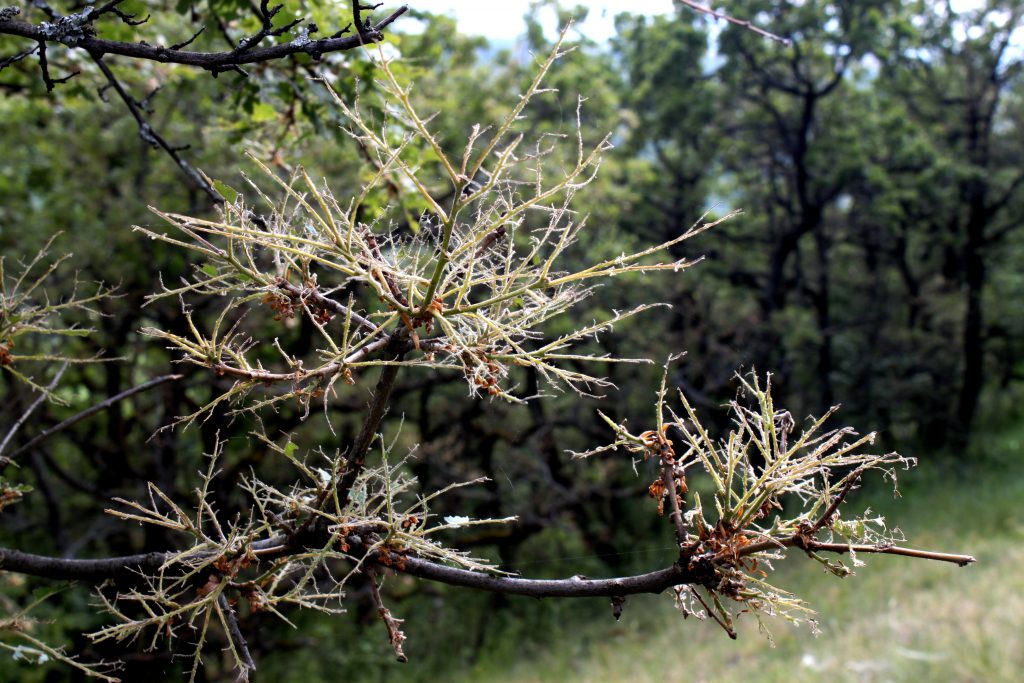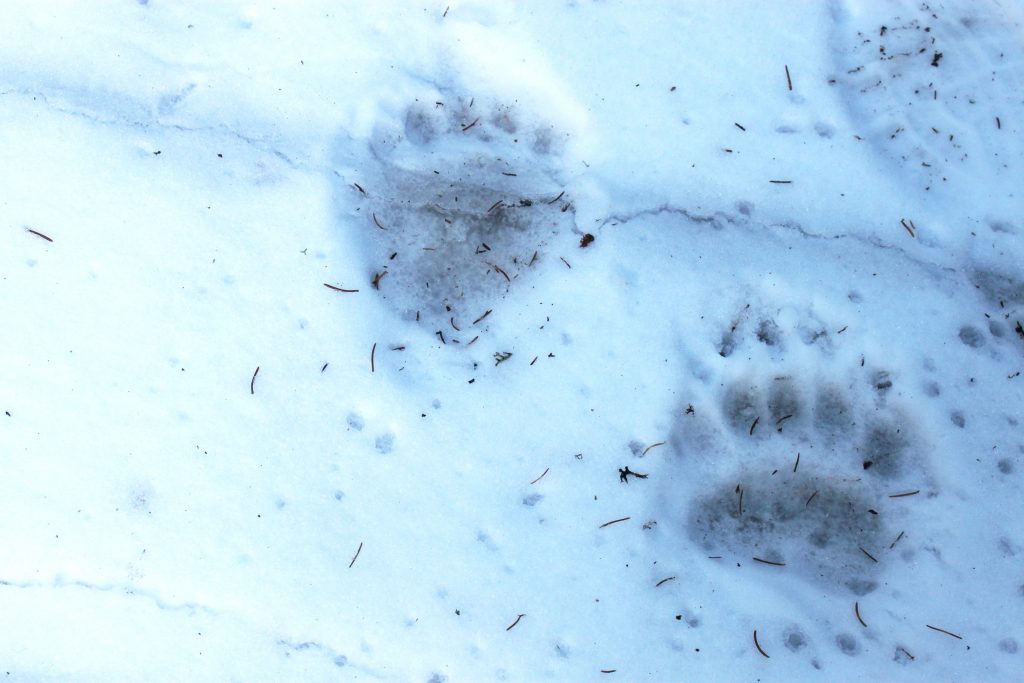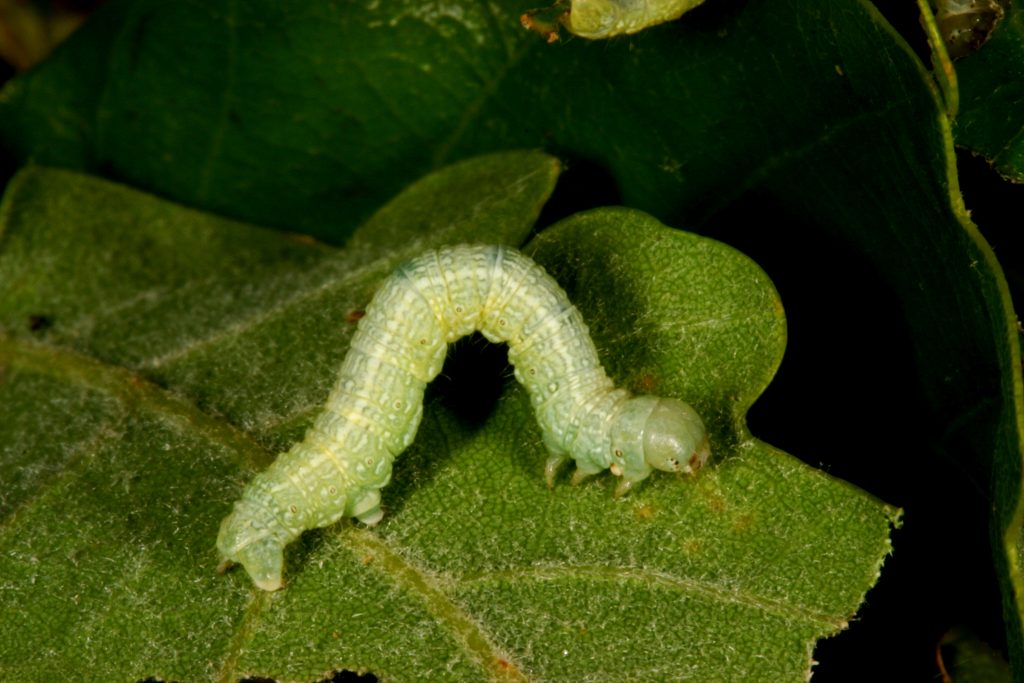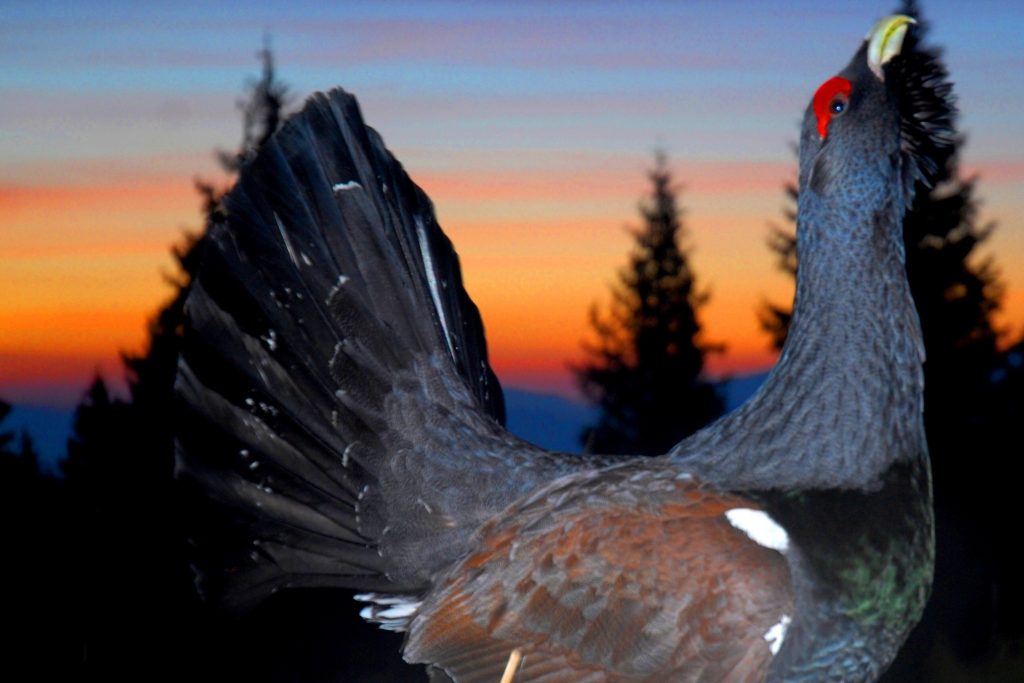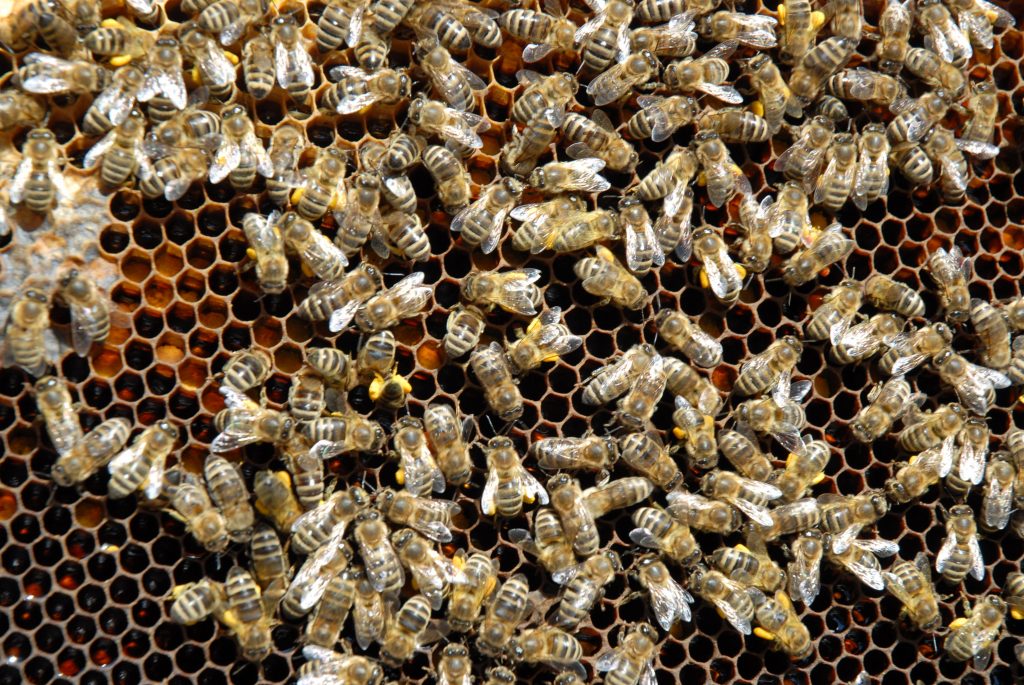Animal and Ecological Interactions Research Group
Research Group Head: Dr. Ján Kulfán
Animal and Ecological Interactions Research Group focuses on biology and ecology of native and non-native animals associated with tree species in forest ecosystems and urban habitats. Emphasis is placed on spatial and temporal dynamics of animals and interactions of animals with their hosts. Attention is paid to functionally important animal species causing damage to trees and/or responsible for tree death. Investigations of species weakening broadleaved trees (moth larvae defoliators) or affecting health of mountain spruce forests (outbreak species of bark beetle), together with research of polinating insects (the European honey bee) and selected indicator species among buterflies (Lepidoptera), beetles (Coleoptera), birds (Aves) and mammals (Mammalia), feature prominently in the Departmentʼs research program.
Research activities
- Distribution and phenology of moth larvae (Lepidoptera) dwelling on taxonomically related tree species, trees of different ages and trees with different social position in forest stands.
- Spatial and temporal changes in assemblages and communities of animals in forests modified by different intensity of natural disturbances and anthropogenic factors. Long-term dynamic of bark beetle (Coleoptera, Scolytinae) in mountain spruce forests disturbed by the wind and/or other abiotic factors.
- Potential of insects, birds and mammals as indicators of local and global changes in forest ecosystems and urban habitats.
- Spread and establishemt of non-native insects in forest ecosystems and urban habitats. Ties of invasive insect species to native plants and animals.
- Health of the European honey bee (Apis mellifera) populations in intensively managed landscapes and the resistence of the European honey bee to anthropogenic impacts. Quality of the honey bee products.
Further research
Further research is to focus on adaptations, changing strategies and new roles of animals dwelling on trees in forest ecosystems and human settlements over the period of global change reflected by warming climate, excessive droughts and increasing frequency of natural disturbances. Greater attention will be paid to applications of research results in the forestry practices and nature conservation. The investigations in the Laboratory of Molecular Apidology will aim to characterize and increase the vitality and sustainability of the honey bee populations and to monitor quality of the honey bee products.
Click to members
[SK] Oddelenie Výskumu živočíchov a ekologických interakcií
Vedúci oddelenia: RNDr. Ján Kulfán, CSc.
Vedecké zameranie a hlavné smery výskumu
Oddelenie sa zameriava na výskum biológie a ekológie živočíchov viazaných na lesné dreviny, lesné ekosystémy a urbánne prostredie s osobitným zreteľom na časovo-priestorovú distribúciu živočíchov a ich interakcie s hostiteľskými rastlinami. Pozornosť orientuje na funkčne významné druhy spôsobujúce odumieranie drevín a meniace štruktúru lesa (fytofágny hmyz), stabilizujúce rastlinné spoločenstvá (opeľovače, najmä blanokrídly hmyz) a indikujúce zmeny v štruktúre lesa a krajiny (motýle, chrobáky, vtáky a cicavce). Konkrétne ide o výskum:
- distribúcie a fenológie fylofágneho hmyzu, predovšetkým húseníc motýľov, na taxonomicky príbuzných druhov drevín, stromov rôzneho veku o sociálneho postavenia v lesných porastoch;
- časovo-priestorových zmien v spoločenstvách živočíchov v lesoch s rôznou intenzitou ovplyvnenia prírodnými disturbanciami a antropogénnymi faktormi;
- bioindikačného potenciálu hmyzu, vtákov a cicavcov v temperátnych lesoch vystavených lokálnym a globálnym zmenám;
- cudzokrajných a osobitne inváznych druhov hmyzu so zreteľom na šírenie, adaptácie, vzťah k domácim druhom rastlín, živočíchov a človeku;
- vitality a zdravotného stavu populácií včely medonosnej v kultúrnej krajine, odolnosti včelstiev a kvality včelích produktov.
Stratégia výskumu do najbližšieho obdobia
Výskum bude strategicky orientovaný na adaptácie, meniace sa stratégie a nové funkcie živočíchov v lesných ekosystémoch a na drevinách v ľudských sídlach v kontexte pôsobenia globálnych zmien, predovšetkým otepľovania klímy a čoraz častejšieho výskytu abiotických a biotických disturbancií. Osobitná pozornosť bude venovaná využitiu výsledkov v spoločenskej praxi – najmä lesnom hospodárstve a ochrane prírody. Výskumné aktivity v laboratóriu molekulárnej apidológie budú orientované na podporu včelstiev, udržateľnosť včelárstva a vysokej kvality včelích produktov.

